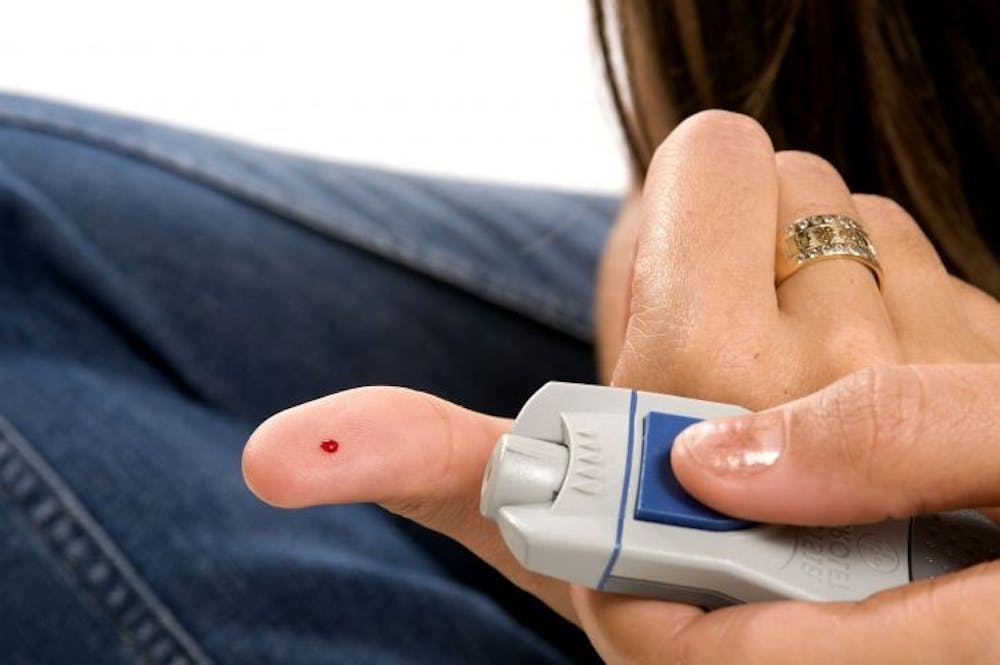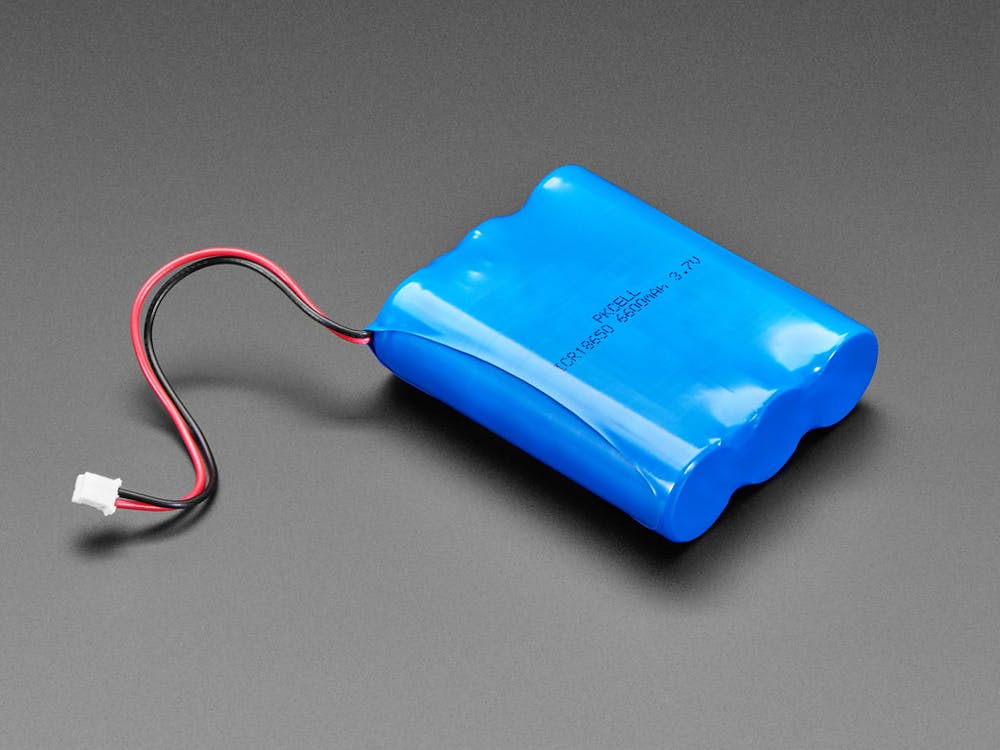The U.S. Food and Drug Administration approved the artificial pancreas late last year. This device, also known as the MiniMed 670G hybrid closed looped system, will hopefully replace the finger-stick method and other insulin-delivery methods. The artificial pancreas automatically monitors the body’s glucose levels and adjusts the dose of insulin delivered with little input from the patient.
In mid-February, the artificial pancreas proceeded to international clinical trials. According to the Yale Medical Review, these studies will begin as four projects throughout 2017-2018 at sites scattered in the U.S., France, Germany, Holland, Israel, Italy, Slovenia and the United Kingdom.
The creators of the MiniMed 670G hybrid system are waiting to release this artificial pancreas sometime within the next few months.
Type 1 diabetes (T1D) is an autoimmune disease in which the body is unable to produce insulin, a hormone secreted by the pancreas to help transport glucose into cells for energy, due to the destruction of the beta cells in the pancreas.
According to the American Diabetes Association, approximately 1.25 million American children and adults have T1D, which can strike at any age, causing them to rely on injected or pumped insulin for life.
Currently, blood-glucose levels are monitored with the finger-stick method where T1D patients must prick their fingers four to eight times a day. Then, if needed, insulin is injected under the skin into fatty tissue where it is absorbed into the bloodstream and carried throughout the body.
The late actress Mary Tyler Moore, who served as International Chairman of JRDF (formerly Juvenile Diabetes Research Foundation) prior to her death last month, described the difficulties of living with the disease.
“Both children and adults like me who live with Type 1 diabetes need to be mathematicians, physicians, personal trainers and dietitians all rolled into one,” she wrote in a testimonial on a JRDF fact sheet. “We need to be constantly factoring and adjusting, making frequent finger sticks to check blood sugars and giving ourselves multiple daily insulin injections just to stay alive.”
With the help of the artificial pancreas and its automated monitors and insulin-administrators, those living with T1D could have the opportunity to experience life without constant finger sticks and manual insulin injections.
The closed looped system is made up of a continuous glucose monitor (CGM), an insulin pump and a control algorithm device.
The continuous glucose monitor — a sensor placed under the skin — provides information about the patient’s glucose levels taken every five minutes. This information is then sent to the control algorithm device (computer or smartphone) where calculations are made and dosage amounts are sent to the insulin pump to deliver or withhold insulin.
The newest model, the Medtronic MiniMed 670G system, is made to continuously deliver insulin at user selectable rates and amounts. The new CGM — the Guardian Sensor 3 and the Guardian Link 3 Transmitter — is updated with diagnostic abilities to monitor the sensor itself, reinforcing the accuracy and performance of the artificial pancreas.
The MiniMed 670G hybrid system is an automated system that allows users to adjust insulin delivery before eating and before exercising. This system is able to sense an increase in glucose level and is able to adjust insulin dosage accordingly. It differs from previous models because it automatically targets a blood glucose of 120 mg/dl, which is especially essential at night.
Further research is in effect at the University of Cambridge in England for an artificial pancreas designed for youths six to eighteen years old with T1D, and research at the University of Virginia is focusing on a fully automated insulin administering system called inControl.

















